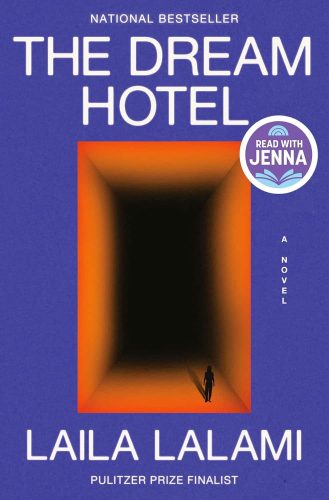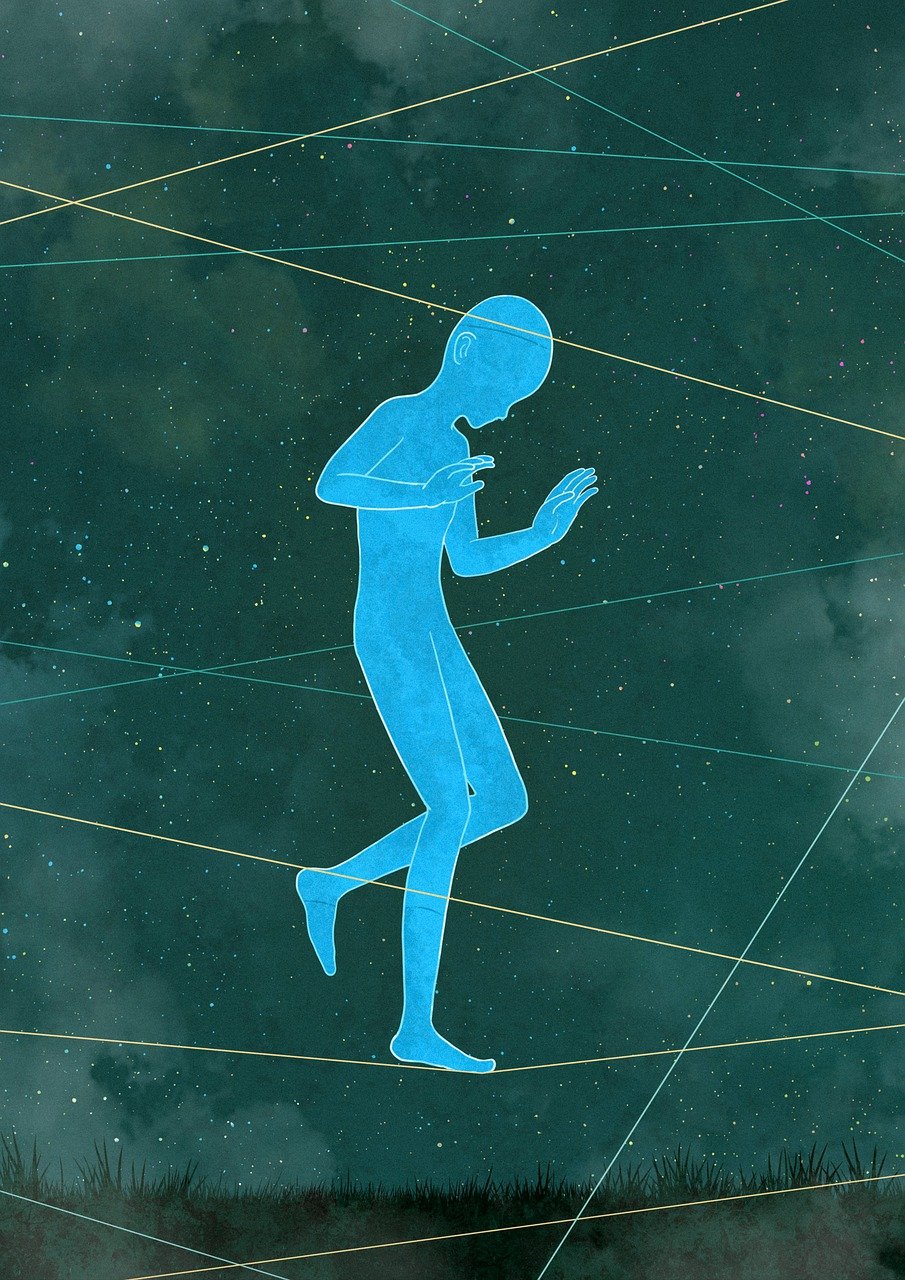 “Under the right circumstances, anything can be made into something sinister.”
“Under the right circumstances, anything can be made into something sinister.”
Author: Laila Lalami
Sara gets pulled away from her husband and twin infants at LAX, presumably for a routine risk assessment. She is exhausted, angry, irritated. She isn’t at her best. Bad goes to worse when the Risk Assessment Administration decides that her irascibility and their algorithm, which tracks everything from a person’s actions to the content of their dreams, denotes her as a safety risk. She’ll have to go to Madison, a women’s retention center, where she will be monitored for twenty-one days or until the algorithm determines that she is safe to be released into society again.
The concept of The Dream Hotel is intensely appealing. It’s your modern-day 1984, questioning what our continued reliance on technology and release of all forms of personal data could mean for us in the future. What if the government decided to proactively stop crime before it happened, and what if they used your dreams, your likes and dislikes, even your disagreements with friends and family, to single you out as a risk? In this case, the government is sure that Sara, exhausted with twins, is intent on killing her husband. She does, after all, keep killing him in her dreams.
As the story continues, Sara languishes with the other women. The twenty-one-day window is a complete lie. Once you’re in Madison – you’re in. Some women have been there for years; with Sara’s quick temper she soon racks up even more points – points that the algorithm uses to determine that her danger score is escalating not minimizing.
Sara attempts to rebel, first in small ways, and then by encouraging the other women to fight back. She makes a mess. She destroys the other women’s chances, and, in the end, she accomplishes only her own release and not the complete revamp of the corrupt system that she had hoped. In the meantime, through a side story, we get a look at how the dream software/platform is used to impart subliminal advertising and why the women are really in Madison.

Image by Hello Cdd20 from Pixabay
Again, it’s a stunning concept. But that’s all it is, a concept, the highlights of which I have easily captured in under 400 words. But the 500+ page book – it goes on and on and on with very little happening beside bland conversations and bickering among the women. We see Sara fight with her issued iPad (for her visitation rights) with a futuristic Zoom-like thing that is supposed to allow her to make calls but usually ends up dropping. We see a few of her dreams, but not many, and some pointless flashbacks to the usual household drama of exhausted wife angry at lazy husband. It’s nothing to write home about. It’s nothing to read either. And it goes on for what feels like an eternity.
Dreams themselves, despite the name and their alleged implication in the plot, take up very little page space and are surprisingly uninteresting and unimportant. And the title? Wherever that came from, it was apparently left on the cutting room floor.

Image by Hello Cdd20 from Pixabay
Sara herself is an uninspired character. We know she is incensed because she tells us, again and again, whining about the fairness of life like a privileged little girl who never encountered the consequences of a system bigger than herself. We have a brief moment where the author notes the algorithm is racist, having tagged Sara for her Islamic name, but that gets dropped. Why bring up such a big concept and then literarily do nothing with it? Of course, that is a question that resonates throughout the entire story.
As Sara whines, threads are put into play and then dropped, the prisoners (for that is what they are) do a lot of chores and sit around listlessly. And there are a lot of women who come and go throughout the story, their names blending together, their stories just as uninspired as Sara’s. Eventually, Sara starts a personal war with a singular guard who steals her Dream Journal. Why this is important – why keeping this journal private when they literarily record the prison’s dreams and watch them – never makes any sense. But, by then, we’re desperate for the book to end.
In the last portion, everything speeds up into a whirlwind mess. There is a fire (because, California, of course), a showdown with the dumb guard, and a corrupt prison official who decides Sara is making too much noise. She goes home, having learned nothing, and the other women remain as they were. Supposedly we need to be happy though, because there is a glib, happily ever after reference that intimates that Sara can somehow help the women now that she is on the outside.
I was so excited for The Dream Hotel. It was, after all, compared to The Handmaid’s Tale, and I do love a good dystopian fiction. But this isn’t it. The idea is there, buried deep in the background, but the execution is pat, not thought-out, and ultimately boring. Not recommended.
– Frances Carden
Follow my reviews on Twitter at: https://twitter.com/xombie_mistress
Follow my reviews on Facebook at: https://www.facebook.com/FrancesReviews
- Book Vs Movie: The Shining - April 6, 2020
- Thankful For Great Cozy Mysteries - December 13, 2019
- Cozy Mysteries for a Perfect Fall - October 20, 2019


